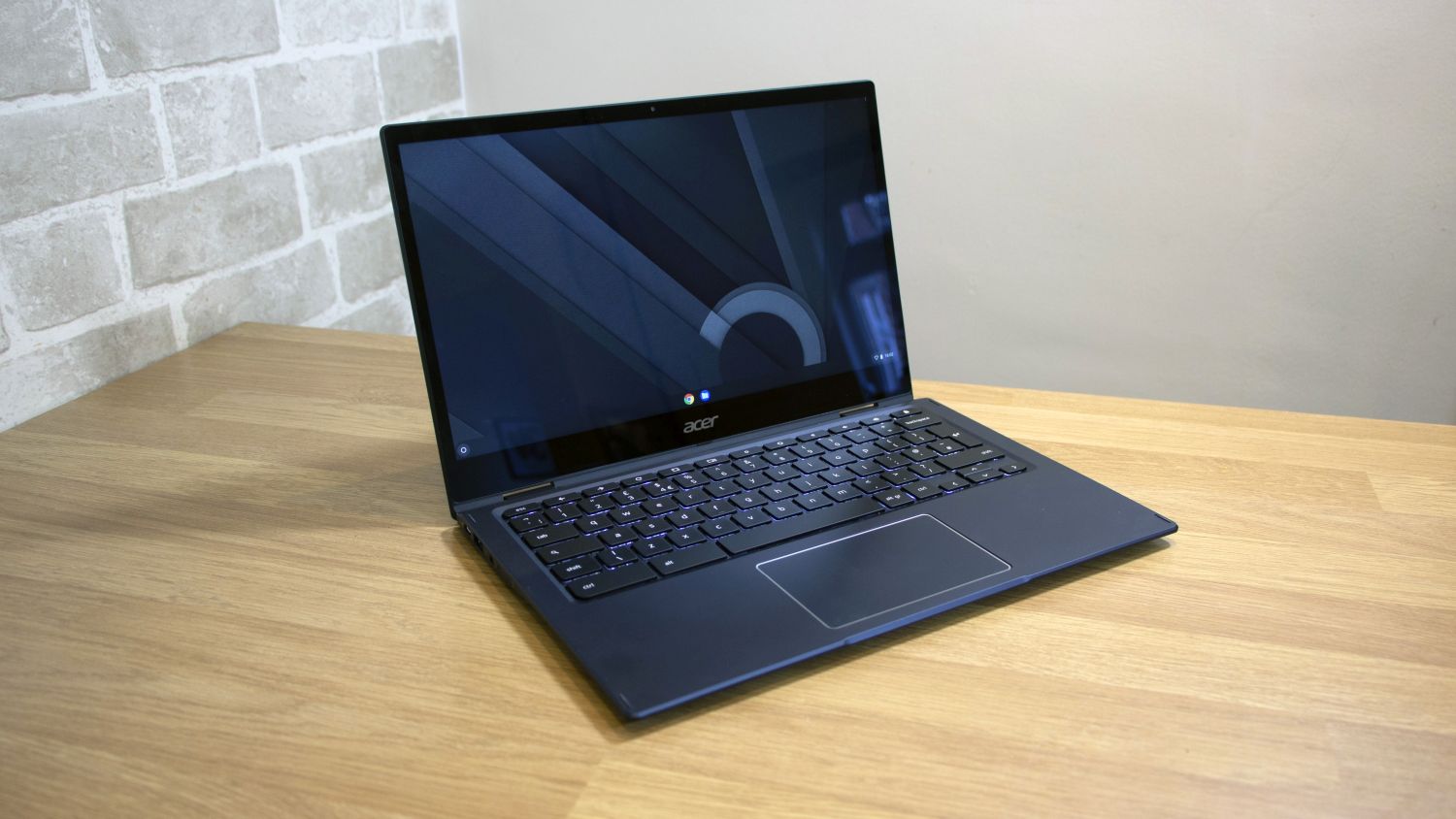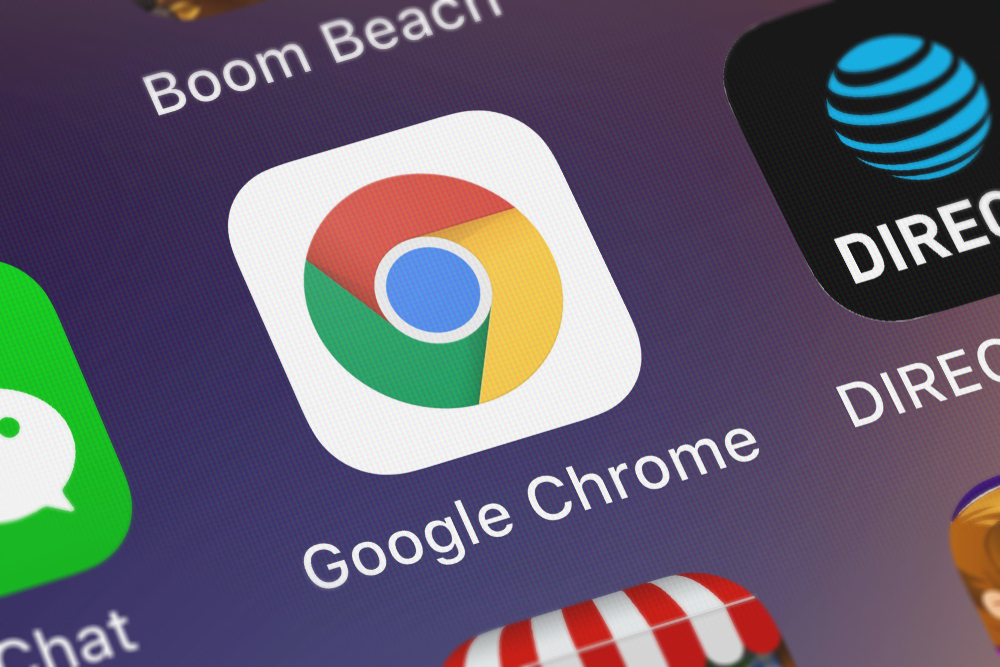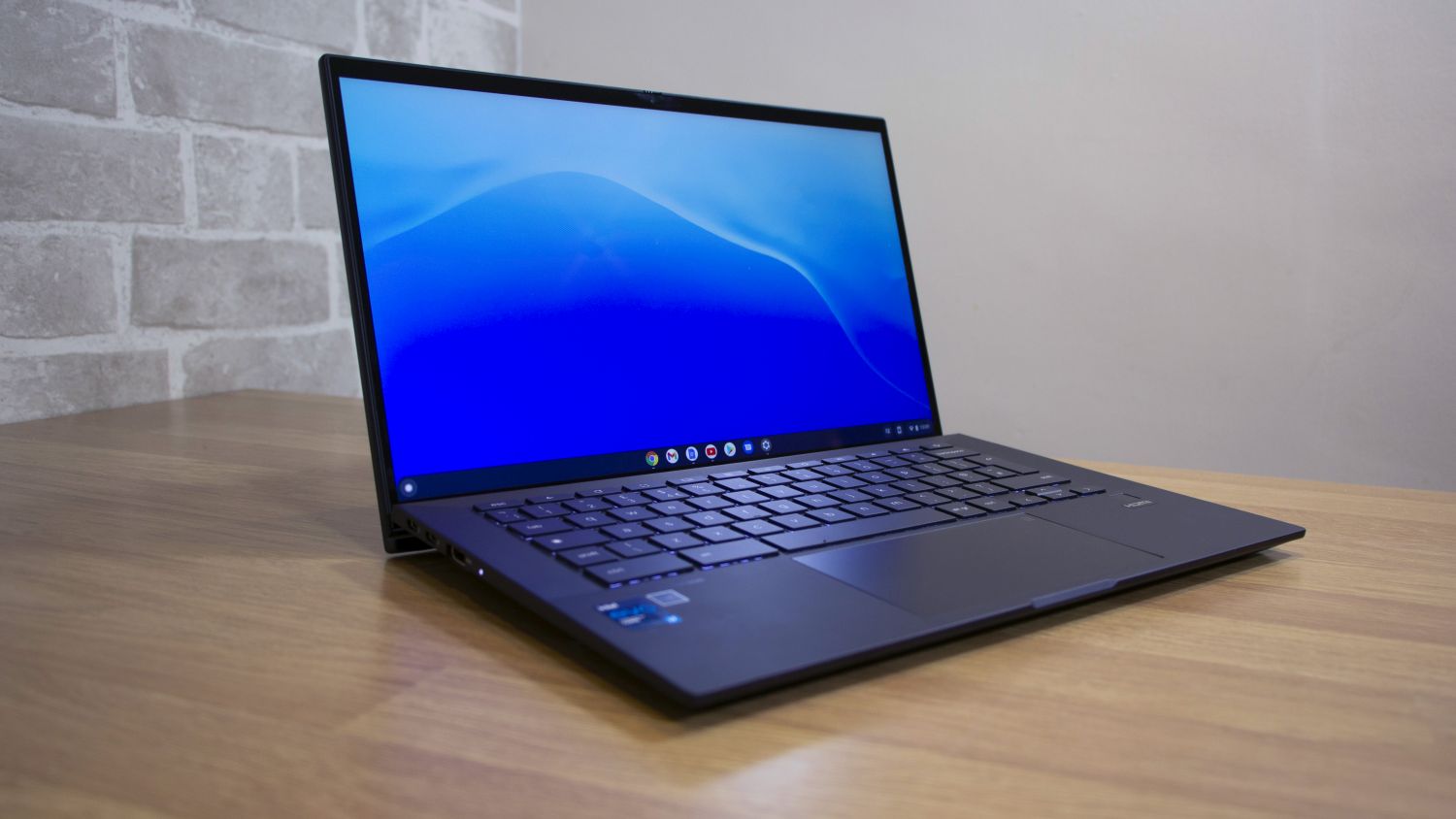Microsoft's browser ballot ends after five years
An agreement forcing Microsoft to give users a choice of browser has ended


A requirement compelling Microsoft to offer users a choice of browsers on its Windows machines has come to an end.
Redmond signed the 'browser ballot' in 2009 giving rival browsers equal footing to Internet Explorer (IE) on Windows PCs, at a time when 70 per cent of Windows users were on IE.
But now Microsoft's own browser is inly used by 20 to 25 per cent of Windows customers, with up to 84 per cent downloading an alternative browser, according to the European Commission.
Google Chrome is the most popular browser on Windows machines, with around 50 per cent marketshare, while Firefox's score matches IE's at around 20 per cent.
The browser ballot applied to all Windows PCs sold in Europe running XP, Vista and Windows 7, or old computers where one of those operating systems was installed as a fresh install.
As part of the deal, Microsoft had to ensure its operating system displayed a ballot screen, offering customers the choice to download an alternative browser.
However, the company was heavily fined when its Windows 7 Service Pack 1 release didn't include the screen and it went unnoticed for 14 months. It also had to tweak the algorithm to ensure it was displayed at regular intervals.
Sign up today and you will receive a free copy of our Future Focus 2025 report - the leading guidance on AI, cybersecurity and other IT challenges as per 700+ senior executives
Now the five-year period has ended, Microsoft is advising system administrators to switch off the ballot screen and giving instructions on how this can be done.
Microsoft said on its blog: "Microsoft provided the Browser Choice update in accordance with a decision issued by the European Commission in December 2009. The obligations imposed by that decision have expired and as a result the Browser Choice Update will no longer be delivered to new users."

Clare is the founder of Blue Cactus Digital, a digital marketing company that helps ethical and sustainability-focused businesses grow their customer base.
Prior to becoming a marketer, Clare was a journalist, working at a range of mobile device-focused outlets including Know Your Mobile before moving into freelance life.
As a freelance writer, she drew on her expertise in mobility to write features and guides for ITPro, as well as regularly writing news stories on a wide range of topics.
-
 Microsoft angers admins as April Patch Tuesday delivers password feature without migration guidance
Microsoft angers admins as April Patch Tuesday delivers password feature without migration guidanceNews Security fixes include a zero day exploited by a ransomware group and seven critical flaws
-
 Spanish spyware outfit uncovered, develops exploits for Windows, Chrome, and Firefox
Spanish spyware outfit uncovered, develops exploits for Windows, Chrome, and FirefoxNews Google was only able to discover the company after an anonymous submission was made to its Chrome bug reporting programme
-
 Google adds new security vendor plugins for Chrome, improved Chrome OS policy controls for IT admins
Google adds new security vendor plugins for Chrome, improved Chrome OS policy controls for IT adminsNews New integrations across various security pillars aim to improve Chrome OS and Chrome browser security for enterprise customers
-
 Google patches second Chrome browser zero-day of 2022
Google patches second Chrome browser zero-day of 2022News Google acted quickly to secure against the type confusion vulnerability that was under active exploitation
-

 Acer Chromebook Spin 513 review: Cheap and mostly cheerful
Acer Chromebook Spin 513 review: Cheap and mostly cheerfulReviews An affordable Chromebook convertible with good looks but mediocre performance
-
 Google says Chrome is now faster than Safari on Apple Silicon
Google says Chrome is now faster than Safari on Apple SiliconNews According to Apple's own benchmarks, Chrome 99 scored the highest out of any browser ever tested
-
 Google Chrome update fixes zero-day under active exploitation
Google Chrome update fixes zero-day under active exploitationNews Google releases a fresh wave of patches for severe vulnerabilities that could facilitate code execution and system takeover via Google Chrome
-

 Asus Chromebook CX9 (CX9400CE) review: The most stylish Chromebook on the market
Asus Chromebook CX9 (CX9400CE) review: The most stylish Chromebook on the marketReviews A sleek, expensive Chromebook that tries to bring professional style to Google’s OS

